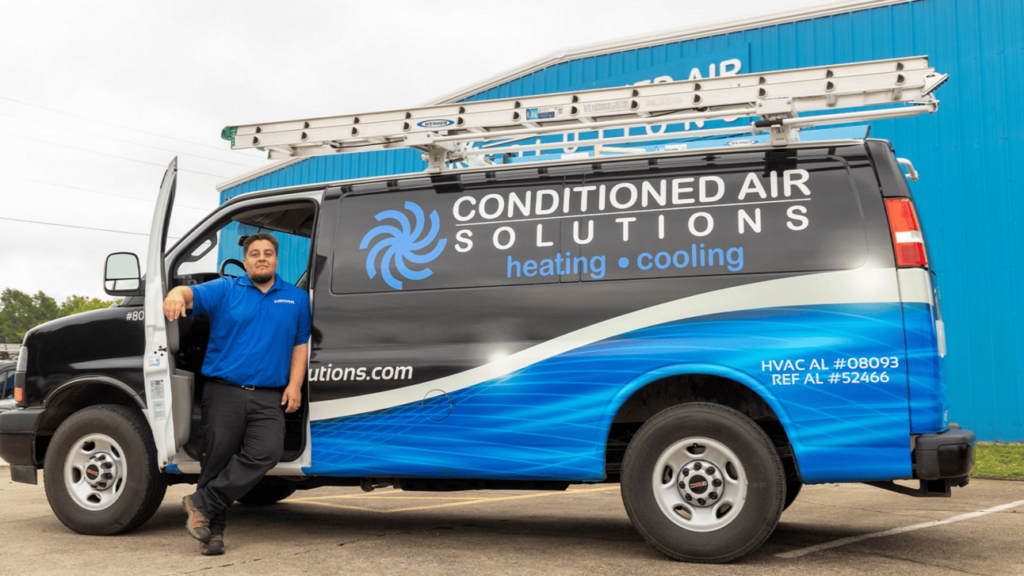Is the HVAC industry in tariff trouble?

Image: Food Business News
President Biden recently announced the U.S. will raise tariffs on Chinese steel and aluminum — key imports for the HVAC industry.
Why it matters: The rate hikes could negatively impact HVAC manufacturers and contractors — and ultimately hurt consumers.
- “The tariffs will likely lead to higher costs for HVACR equipment and components given that many of these items are imported from China,” ACCA told ACHR News.
What’s happening: “The tariff rate on certain steel and aluminum products… will increase from 0–7.5% to 25% in 2024,” the White House said.
- “Certain steel and aluminum products” include heat exchangers and refrigeration equipment, among other items.
- The hikes take effect on August 1.
The big picture: Tariffs aim to incentivize the purchase of American-made products, but HVAC manufacturers used to sourcing from China aren’t thrilled about footing the extra bill.
- “[While we] appreciate the efforts to prioritize products that are manufactured on American soil, these new tariffs will undoubtedly create additional cost and supply chain issues for contractors,” ACCA added.
- According to FRED, the average price of HVAC and commercial refrigeration equipment has increased by 44% over the past five years.
Of note: Manufacturers can ask for certain products to be excluded from the tariffs, but, per AHRI, it’s a tedious, form-filled process.
The bottom line: Opinions are split on the tariffs’ impact on the HVAC industry. Some, like ACCA, voice concerns, while others say the effects will be minimal, given the relatively low amount of steel the U.S. imports from China compared to other countries.
- What are your thoughts? Let us know.
📬 Get our stories in your inbox
Keep reading
Into the Matrix: Inside Conditioned Air Solutions’ dispatching playbook
In Vice President Paul Snowden's mind, there are five components of effective dispatching
What Trump’s EPA pick could mean for contractors amid HFC phasedown
There’s a new wildcard in the mix of the HFC phasedown: Donald Trump’s November 11 nomination of Lee Zeldin to run the Environmental Protection Agency


